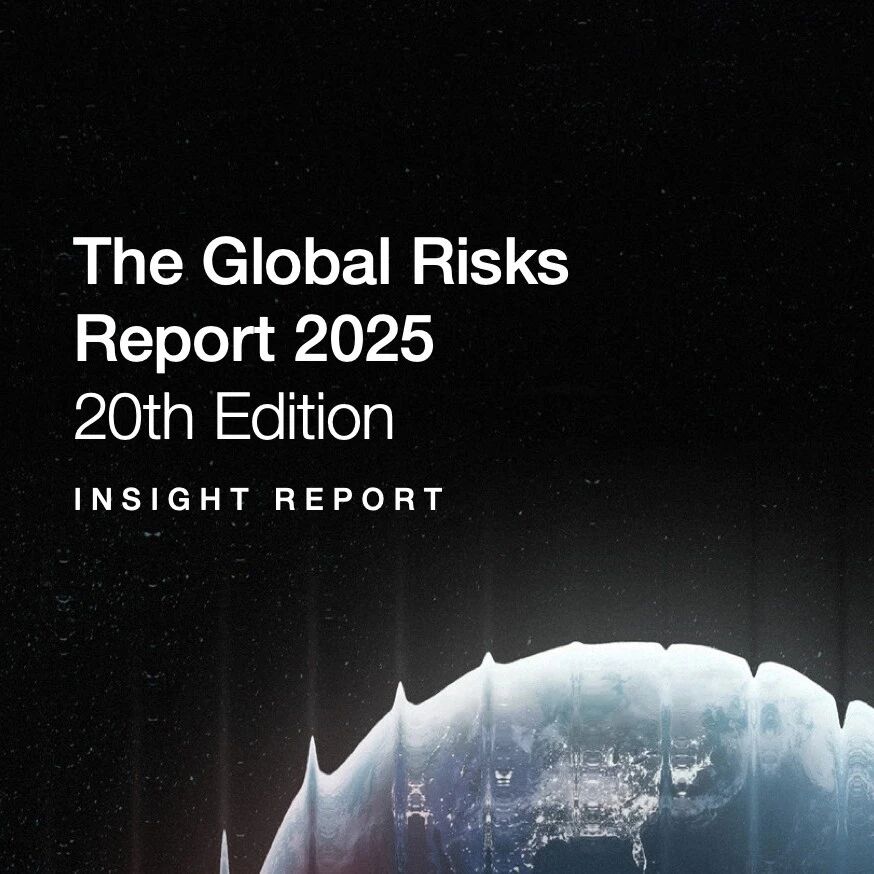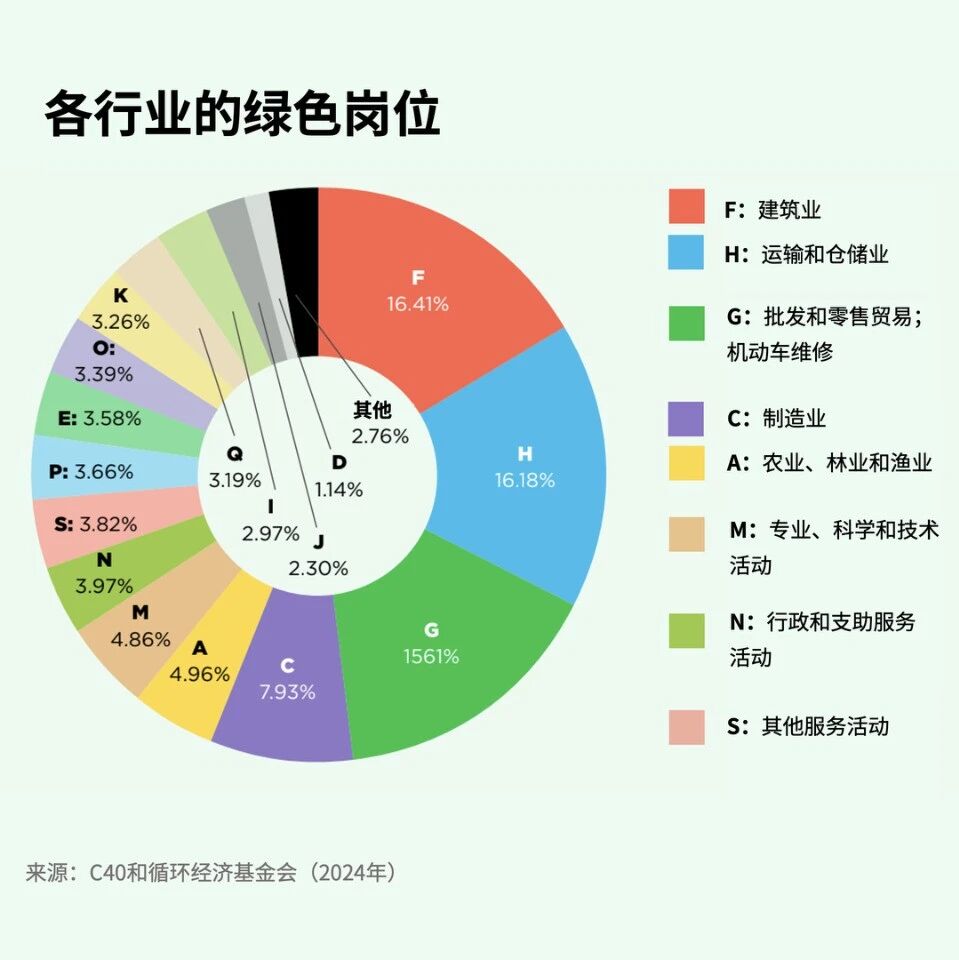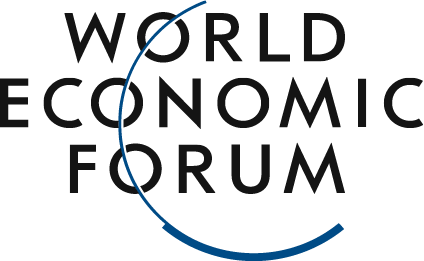

;AI?
:REUTERS/Charles Platiau
John Letzing
,“-”
,
,“”AI
()
AI/,AI
,,ChatGPT:“”,“”
,“-”,,,AI,“”,“”
,“”,“”,,,
,AI,
,
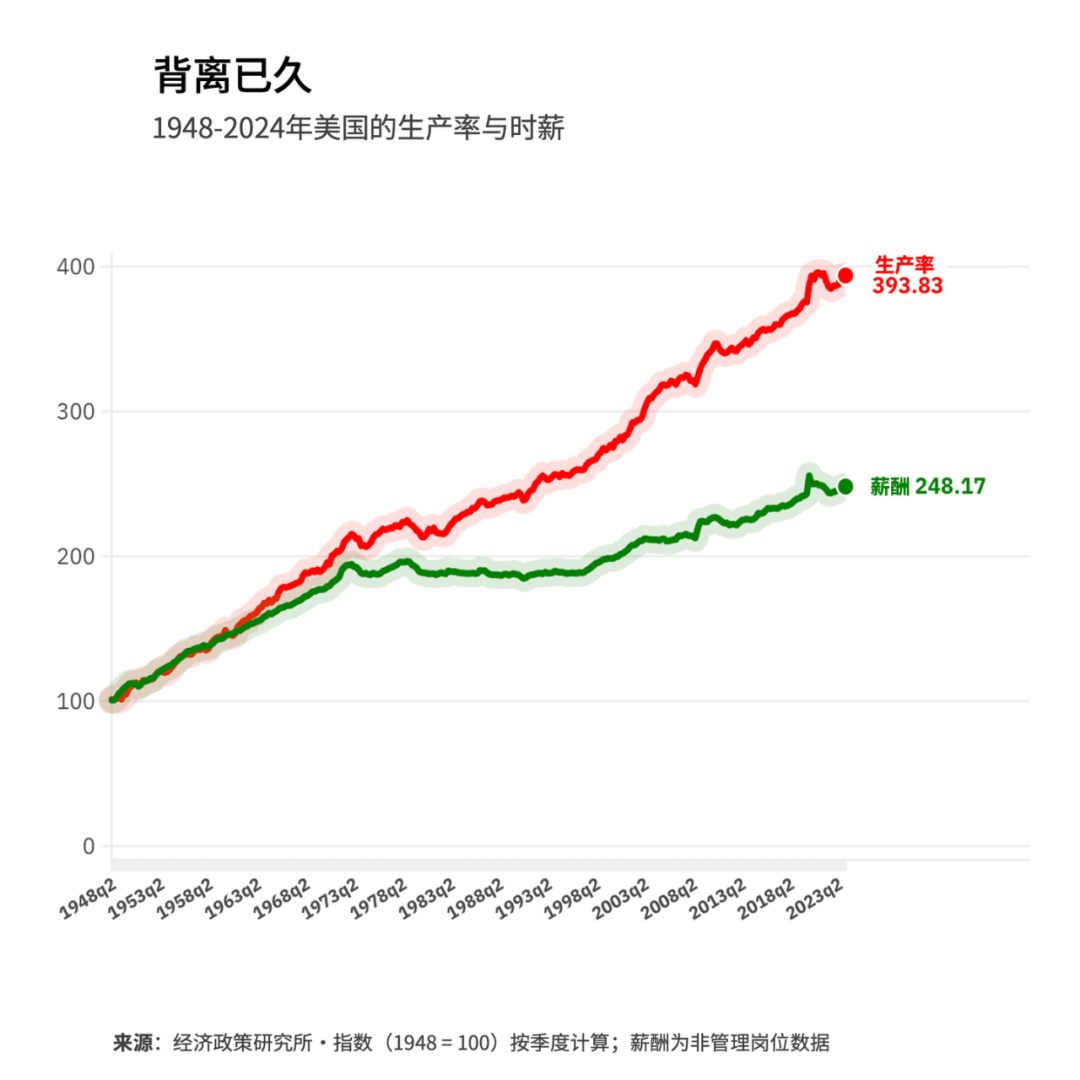
(1948 = 100);
:
,,,AI,,,
The ideal scenario is to enable as many people as possible to manage their own "teams" of AI tools. This means ensuring that the widest possible audience has access to AI tools.
In the World Economic Forum's latest "Chief Economists Outlook," nearly half of the economists surveyed believe that "labor augmentation" will be one of the biggest economic benefits AI brings to growth—while "heightened inequality" was also identified as one of the key risks in their assessment. Additionally, three-quarters of respondents indicated that government spending on "skills enhancement and workforce reallocation" should be a top priority.
Should salaries also rise as AI boosts productivity?
According to standard economic theory, productivity and wages should rise in tandem (Karl Marx actually had some thoughts on this). However, starting in the 1970s, wage levels in the U.S. and Europe began to decouple from productivity. Later, Japan experienced an even more dramatic divergence over the following decade.
The reasons cited include: wage increases have been concentrated among workers in higher-level positions; overall, income has shifted from employees to shareholders; and there’s been a greater tolerance for unemployment as a measure to curb inflation. Meanwhile, while the automation process has created many winners, it has inevitably left some losers behind.
The magnitude of the productivity-wage gap we observe may vary depending on the measurement method used.
If we exclude management-level employees, who are often more likely to receive raises, and instead compare the vast majority of remaining private-sector workers with overall productivity levels, the gap becomes striking. However, when using a more precise, matched comparison method, the results are less alarming. Still, proponents of both measurement approaches agree on one key point: productivity needs to accelerate—and fast.
There is still some debate about when AI will meaningfully help address this issue. One thing, however, seems clear: Some employees are already leveraging AI to accomplish more work with fewer resources.
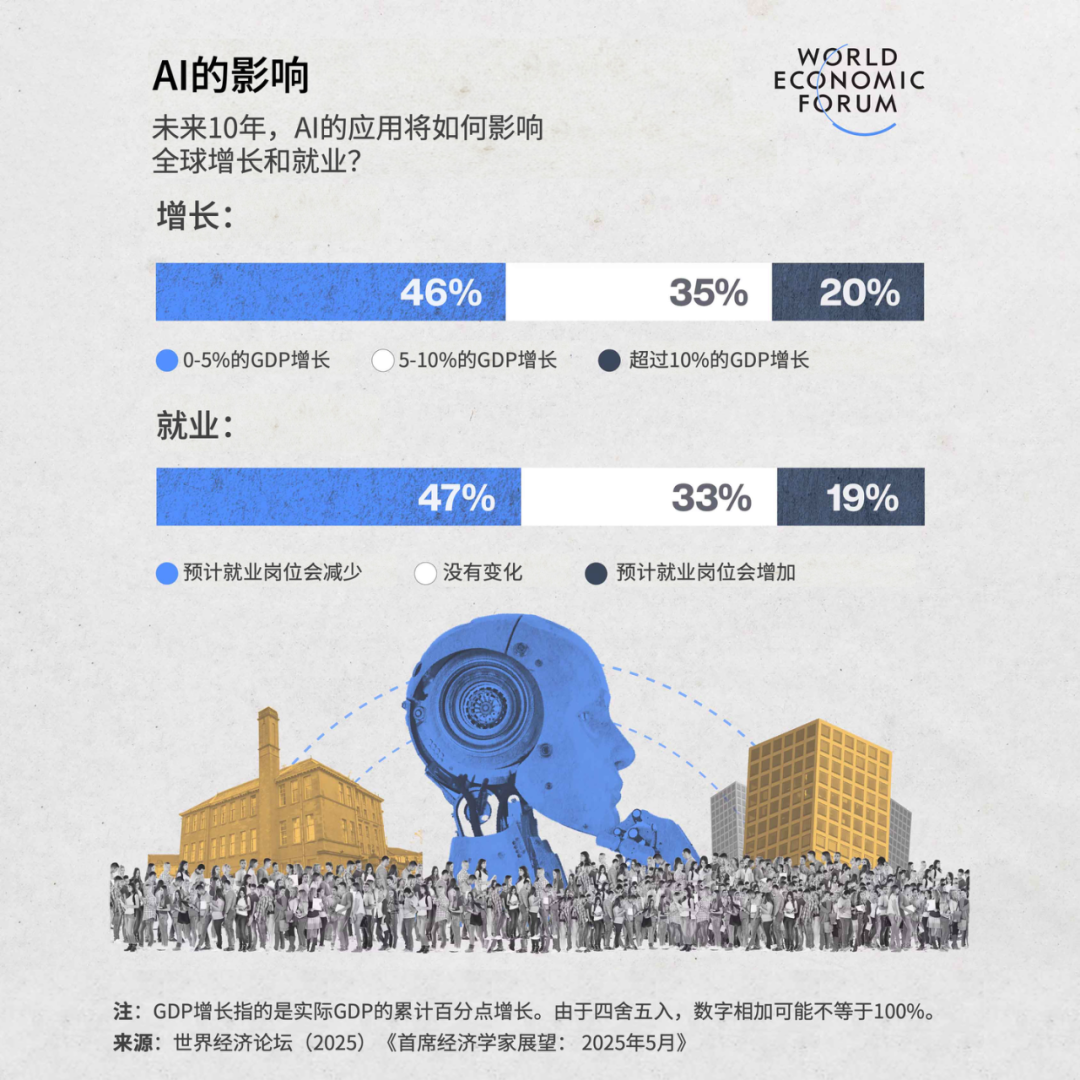
Chief economists have shared their views on the anticipated impact of AI.
Image source: World Economic Forum
The issue is whether fewer people will be able to reap the future benefits of productivity gains. "Wanting" to provide the best tools and training to as many employees as possible doesn’t necessarily equate to "putting it into practice."
The image of the "losers" in the new wave is already emerging—many displaced white-collar workers are struggling to find new jobs.
If market realities dictate a decline in the number of high-paying jobs in these sectors, the manufacturing sector in developed economies could once again undergo the transformation it experienced in the past. These regions have since been striving to recoup their losses—driven not only by practical necessity but also by political considerations.
An influential AI pioneer once remarked that people in decision-making roles might want to consider leveraging other uniquely human strengths—such as having a versatile thumb—for different types of work. Pipe repair, for instance, could be one such area. Others, however, argue that it’s not necessarily necessary to go down this path. After all, there will always be fields where human expertise holds a distinct advantage—areas that not only sustain the middle class but may even help expand its reach.
ChatGPT offered some suggestions on how to address the situation it’s helping to shape. It stated that, to prevent wage stagnation, the economic gains generated by AI must be reinvested entirely into skills development and "fair compensation policies." Regions with "strong worker protections and robust social safety nets" are likely to perform best.
According to ChatGPT, the issue isn’t with the technology itself—but rather in how we choose to apply it.
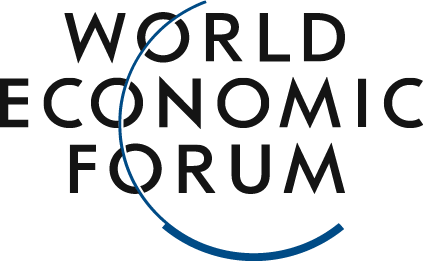
The above content represents the author's personal views only.This article is translated from the World Economic Forum's Agenda blog; the Chinese version is for reference only.Feel free to share this in your Moments; for reprints, please leave a comment at the end of the article or on our official WeChat account.
Translated by: Di Chenjing | Edited by: Wang Can
The World Economic Forum is an independent and neutral platform dedicated to bringing together diverse perspectives to discuss critical global, regional, and industry-specific issues.
Follow us on Weibo, WeChat Video Channels, Douyin, and Xiaohongshu!
"World Economic Forum"
